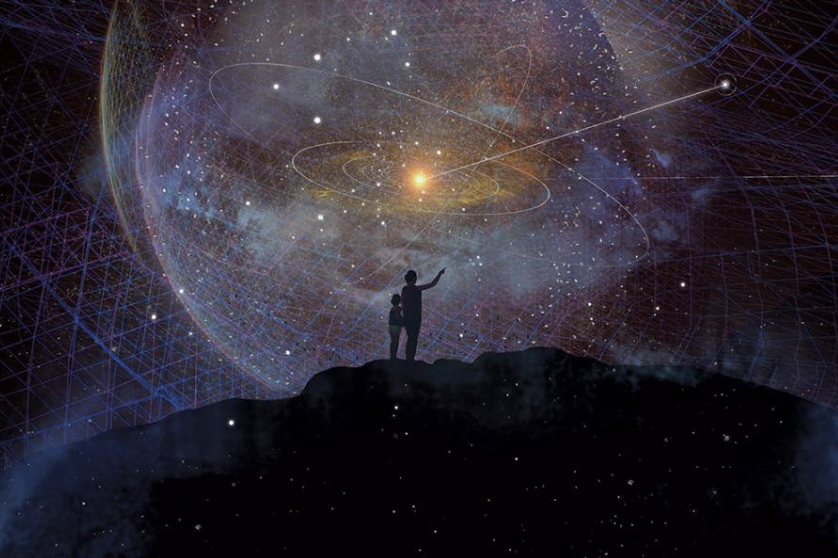Should We Still Aim For the Stars?
December 18, 2022
There are a lot of humans. Specifically 8 billion of them and that number will only get bigger and bigger as time goes on. As the population grows so does its resource consumption which at this moment is already huge. At the pace the population is growing we will have diminished all of earth’s resources in just a couple of centuries leaving the generations of the future to die in a desolate and dried up earth. But this situation is only based on the chance that humans never leave the planet in search of new ones to inhabit. Although the interest for exploration has only grown throughout the years, its funding and support has only decreased. People argue that we shouldn’t worry about reaching new planets when we have so many problems in the one we currently reside on which leads to space programs and organizations like NASA to receive less funding. We should support space exploration because it might be the key to maintaining the rapidly growing human population. We could reach planets, natural satellites and asteroids and mine them for minerals or in some cases resources like water. Exploring distant planets might lead to places humans could call home in the future in order to avoid overpopulation on Earth.
Space exploration should get more support from the public and governments because it will be essential for humanity’s future. Most of earth’s non-renewable resources like iron and gold are used for modern technology but with the growth of the population and technological advancements we will start to burn through these resources rapidly. That’s when planets, natural satellites, and asteroids come into play because they are filled with these resources that humans need for progress. Planets like Mercury and Neptune which are uninhabitable, contain so many minerals that they could be used solely for mining. Asteroids and moons can also be utilized to obtain these resources. Now these resources could be obtained on earth for a long time but they would require humans to dig deep and I mean deep into the earth’s inner layers in order to do that. The places we would need to reach, like the mantle, are so deep that they reach temperatures from 1000° Celsius (1832° Fahrenheit) to 3700° Celsius (6692° Fahrenheit). It would be easier and safer for us to reach an asteroid field and mine it rather than reach those depths of the earth’s inner layers. The resources from these celestial bodies will be essential to maintaining a rapidly growing human population.
Space exploration isn’t just about finding new places for obtaining resources, it is also a way for the human species to grow and evolve. Exploring the cosmos is vital to learning about the true nature of the universe. Scientists research and explore space as a way to address fundamental questions about our place in the Universe. We can learn about the history of our solar system and how this one came to be. It is an endless pit of knowledge that humans will have to dive into if we want to keep advancing as a civilization. Space missions also lead to the development of new technology that can be used in other fields. Things like CAT scanners, LED’s, foil blankets, and many more inventions that are used today in completely different fields came from space exploration as they were initially made for space missions.
You might think that space exploration is expensive but statistics say otherwise. In 2020 the US only used 0.3% ( about $22 billion dollars) of its federal budget on NASA which is a miniscule amount compared to what they spend annually on national defense. While government organizations like NASA have lost funding, the private sector has increased its investment on space exploration drastically as companies like SpaceX are constantly launching and trying out new tech to get humans in space more often. The best thing we can do is call or message our congressional representatives and tell them that we want to explore every inch of the beautiful dark palace that is space.




































